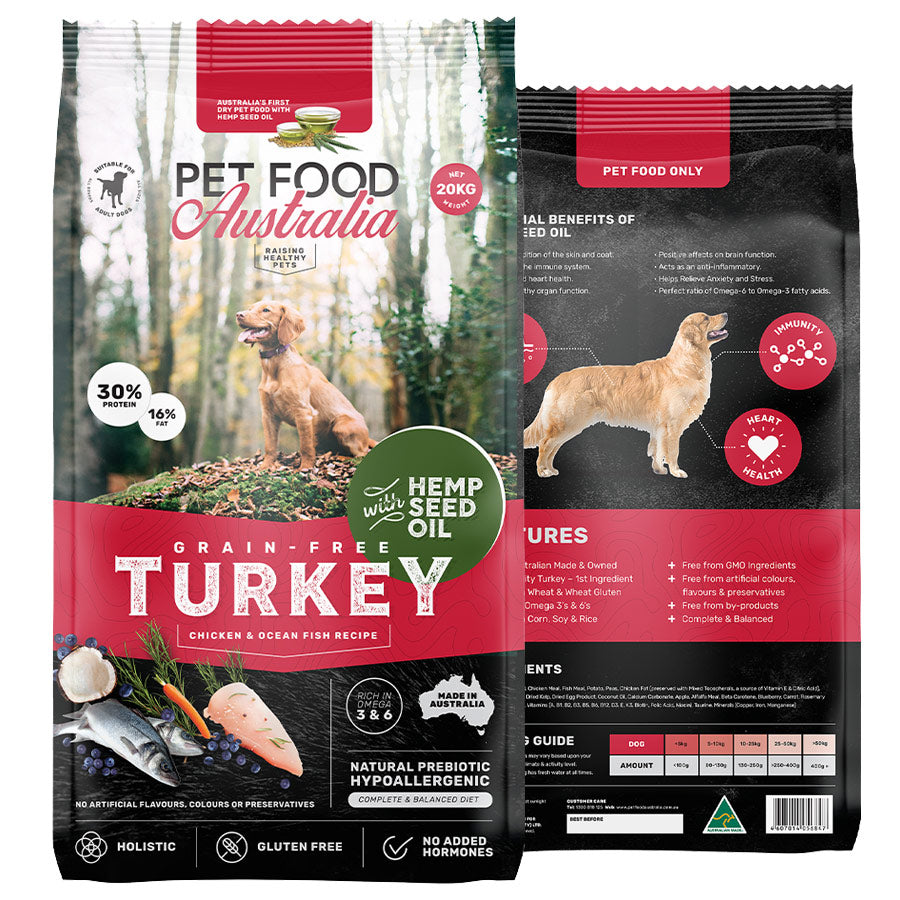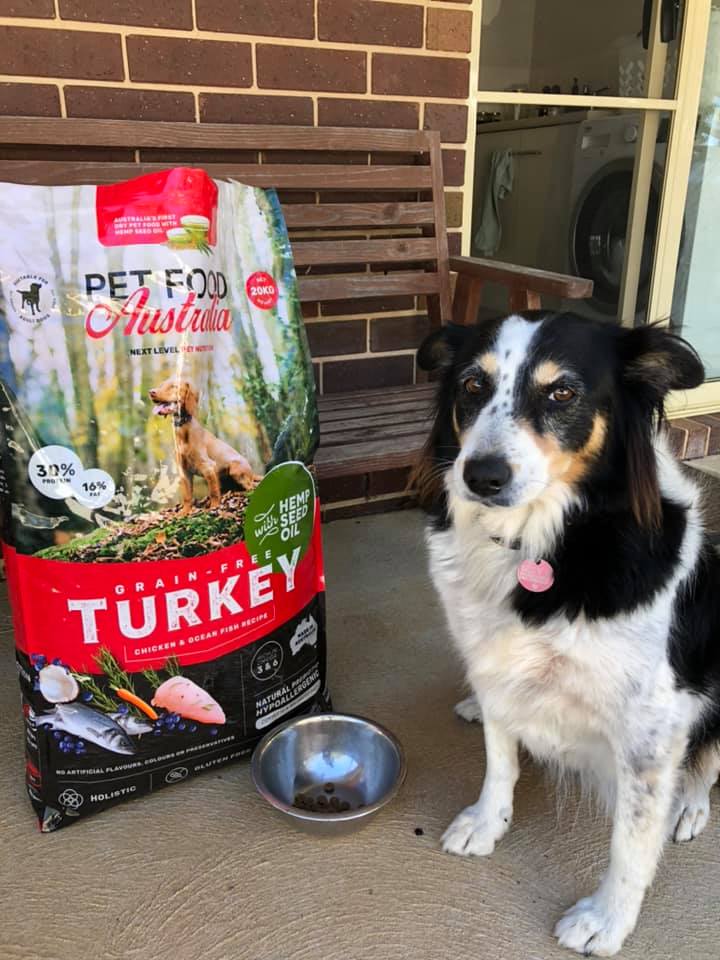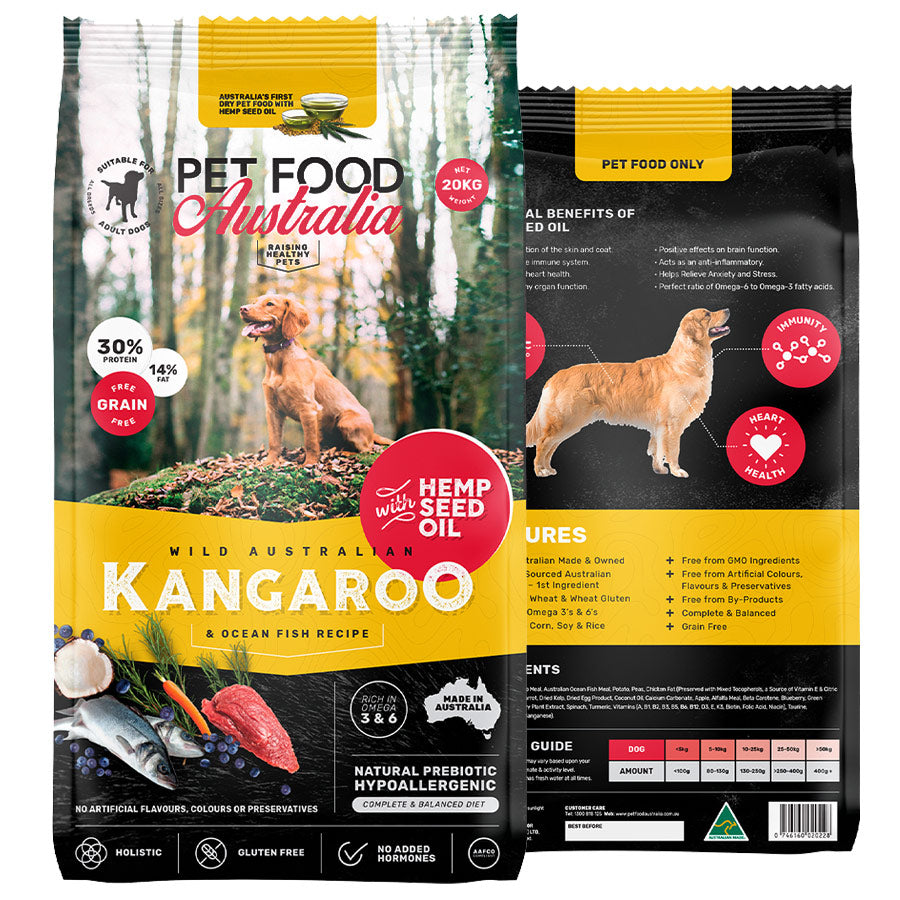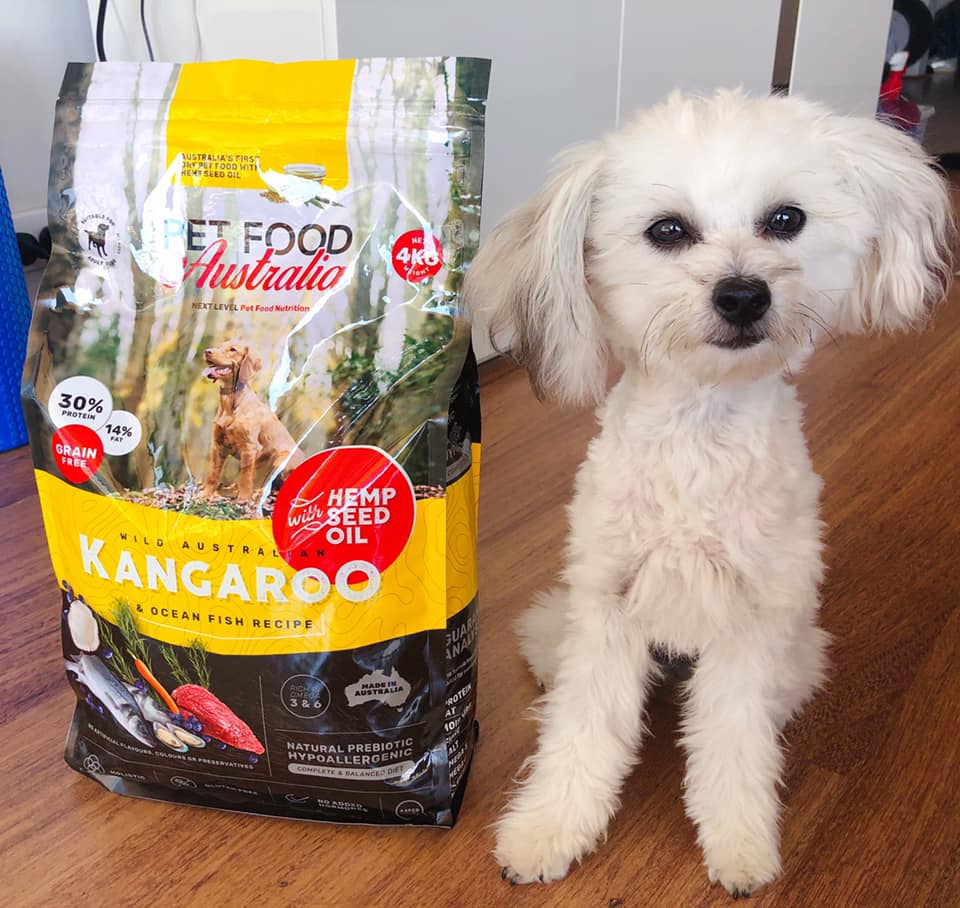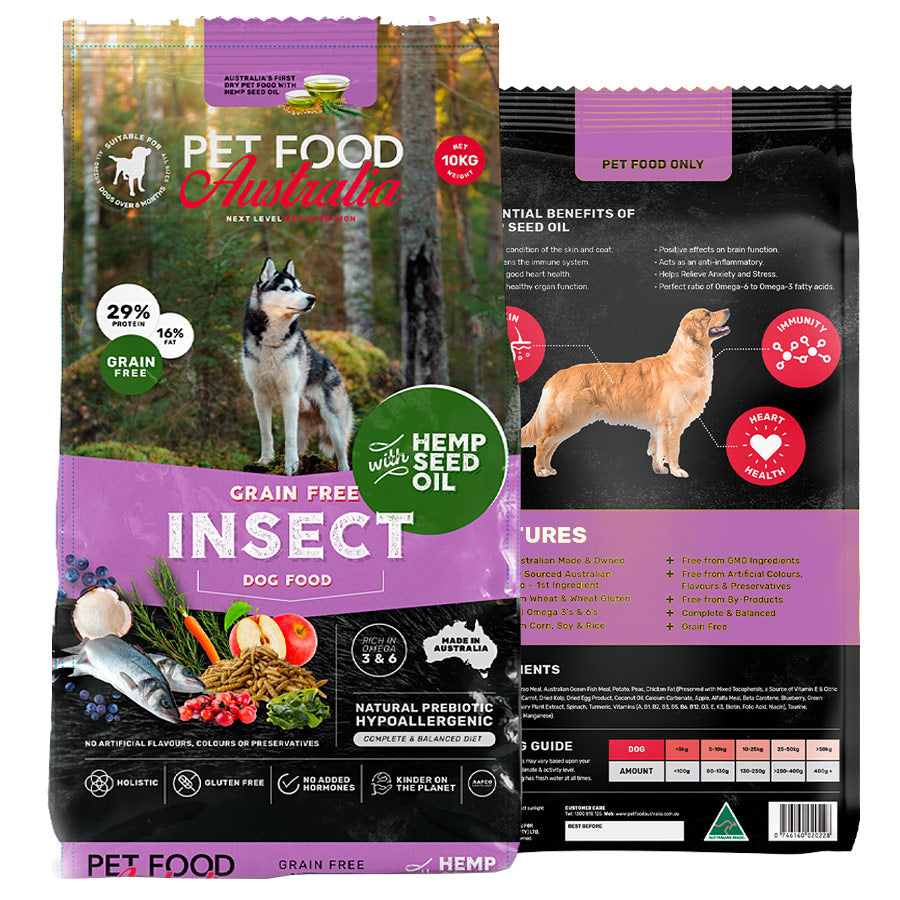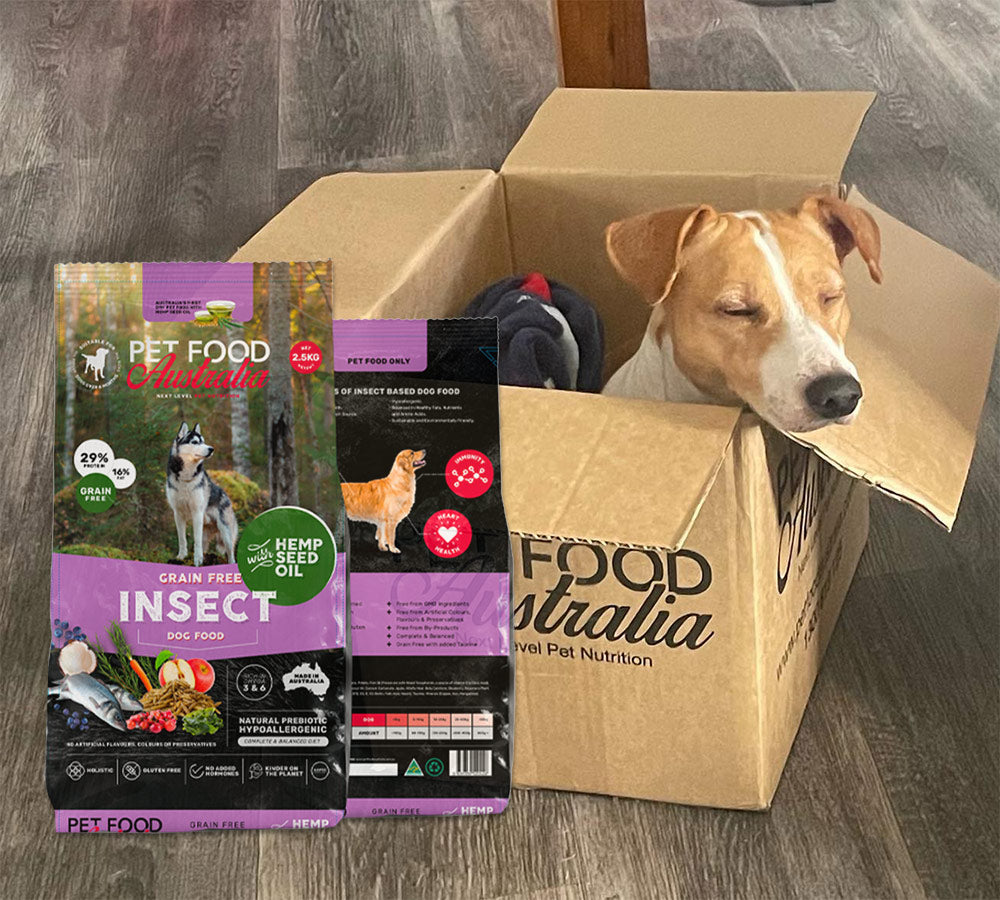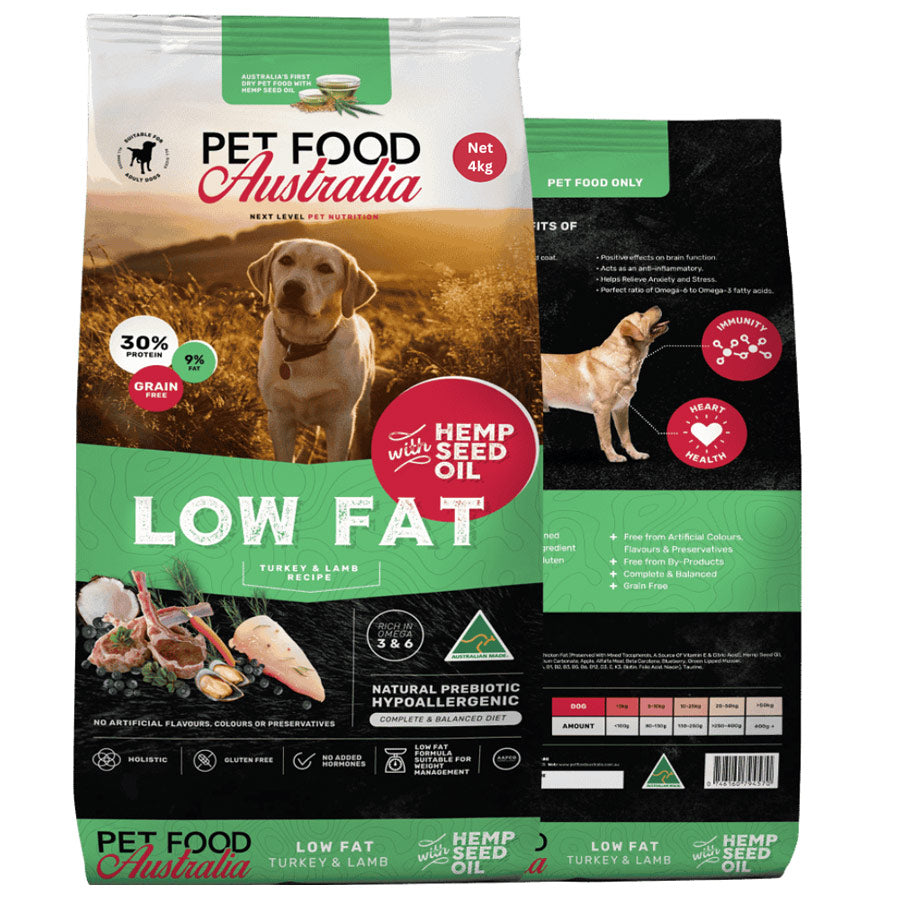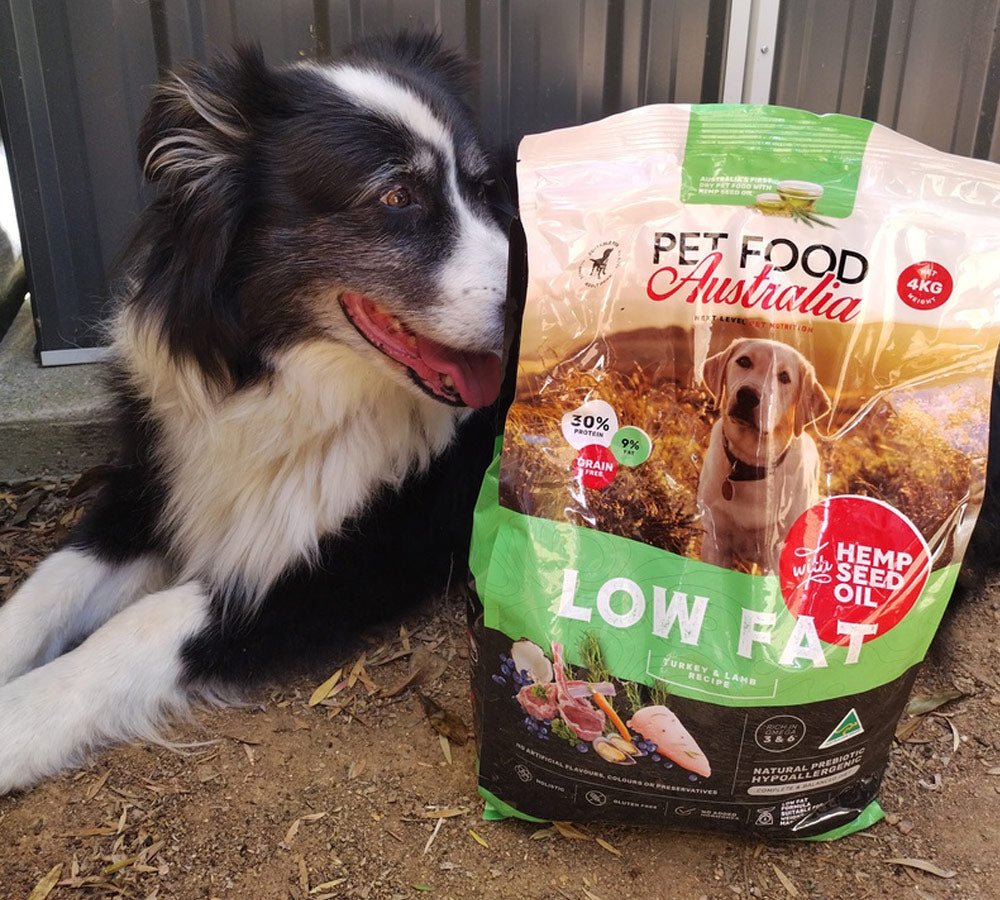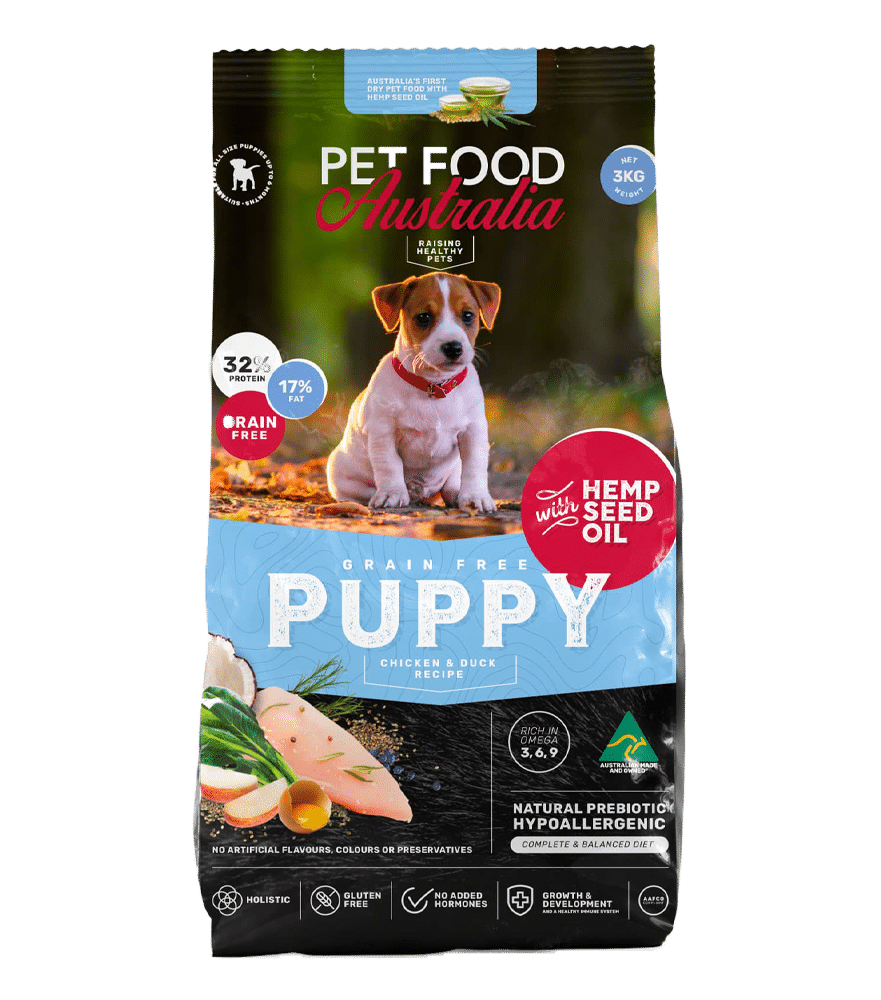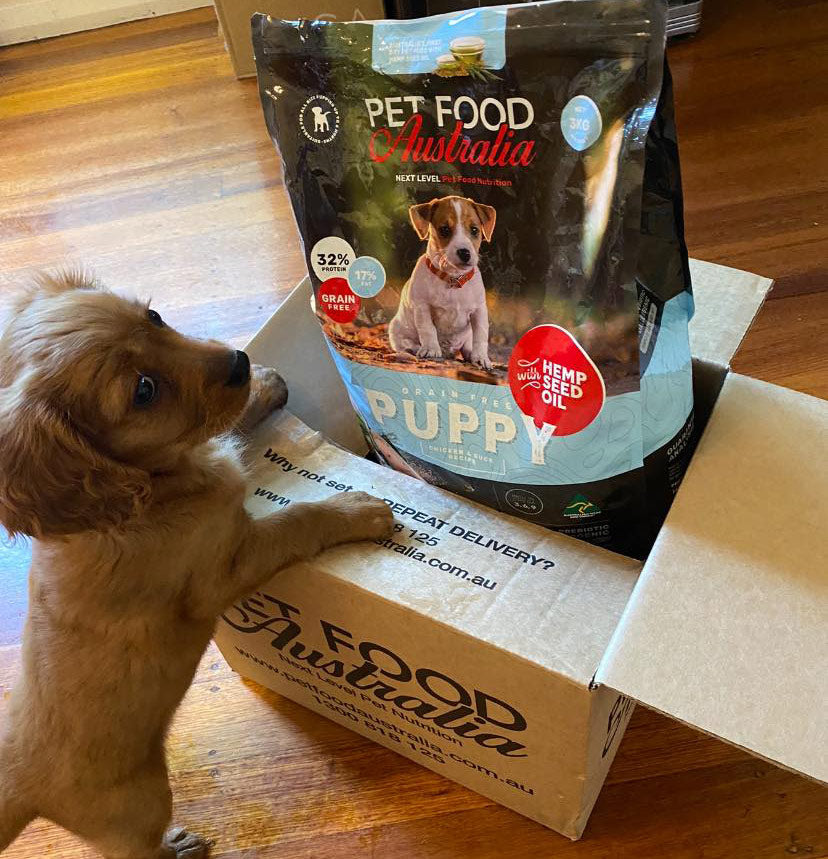Addressing Age-Related Issues In Dogs - How Grain Free Food Can Help?
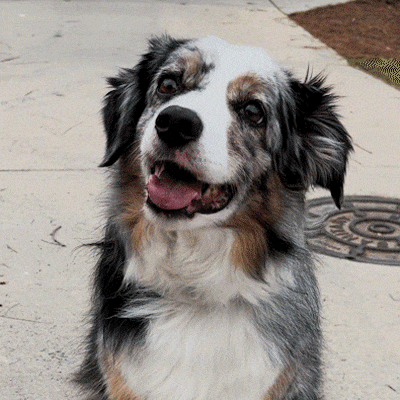
As our furry companions grow older, addressing the age-related issues they may encounter is essential. Just like humans, dogs experience changes in their bodies as they age, which can lead to various health problems. One way to support their well-being is through proper nutrition.
In recent years, grain-free diets have gained popularity as a potential solution for addressing age-related issues in dogs. This blog will explore the benefits of grain-free diets and how they can help senior dogs lead healthier lives.
Understanding Age-Related Issues in Dogs

Aging is an inevitable process that affects all living beings, including our beloved canine friends. As dog's age, their bodies undergo internal and external changes. As a result, they may experience decreased energy levels, changes in metabolism, and a higher susceptibility to specific health issues. Some common age-related problems in dogs include joint stiffness, reduced cognitive function, dental issues, and changes in digestion.
Importance of Proper Nutrition for Older Dogs

Proper nutrition plays a crucial role in maintaining the health and well-being of older dogs. Their nutritional needs change as they age, requiring a diet that addresses their specific requirements. Essential nutrients such as proteins, healthy fats, vitamins, and minerals become even more critical to support their aging bodies. A balanced diet ensures senior dogs receive the nutrients necessary for their overall health and vitality.
Grain-Free Diet for Older Dogs

Grain-free diets have gained popularity in recent years, especially for dogs with age-related issues. These diets eliminate grains such as wheat, corn, and soy, which are commonly found in many commercial dog foods.
Instead, they focus on high-quality protein sources, vegetables, and fruits. There are several benefits associated with feeding older dogs a grain-free diet.
Grain-free diets provide a more natural and biologically appropriate option for senior dogs. Dogs are primarily carnivores, and their bodies are designed to digest and utilise animal proteins efficiently. A grain-free diet can alleviate digestive issues and promote better nutrient absorption by eliminating grains, which can be harder to digest for some dogs.
Additionally, grain-free diets often have a lower glycemic index, releasing glucose more slowly into the bloodstream. This can benefit dogs with age-related conditions such as diabetes or those who need to maintain stable blood sugar levels.
The Role of Meat in a Senior Dog's Diet

Meat plays a crucial role in a senior dog's diet, providing essential amino acids and high-quality protein. Older dogs require adequate protein to maintain muscle mass, support organ function, and promote overall health. Meat is an excellent protein source for dogs, especially from animal sources.
It's essential to choose high-quality meat for your senior dog's diet. The meat quality can vary depending on how the animal was raised and fed. Grass-fed or pasture-raised meat is generally considered superior to grain-fed meat. Grass-fed meat tends to have a healthier balance of omega-3 to omega-6 fatty acids, which can help reduce inflammation and promote heart health.
The Problem with Grain-Fed Meat

Grain-fed meat, on the other hand, may not provide the same nutritional benefits as grass-fed meat. Animals that are raised on a grain-based diet may have higher levels of omega-6 fatty acids and lower levels of omega-3s. This imbalance can contribute to inflammation and potentially exacerbate age-related issues in dogs.
When choosing meat-based dog food, it's essential to consider the source of the meat and opt for products made with high-quality, grass-fed or pasture-raised meat. By doing so, you can ensure that your senior dog receives the best possible nutrition to support their overall health.
Choosing the Right Food for Your Aging Dog

Selecting the right food for your aging dog can be daunting, considering the wide variety of available options. Reading dog food labels and understanding the ingredients listed is crucial to make an informed decision. Look for grain-free options that prioritise high-quality protein sources and include essential nutrients.
Additionally, it's important to consider any specific dietary needs your dog may have, such as food allergies or sensitivities. Some grain-free dog food brands offer specialised formulas to address these needs, providing targeted nutrition for senior dogs with specific dietary requirements.
Our dogs deserve the best care and nutrition to support their well-being as they age. Addressing age-related issues requires a holistic approach, and proper nutrition plays a crucial role in maintaining their health and vitality. Grain-free diets offer a potential solution for supporting senior dog health by eliminating grains and providing high-quality protein sources. Remember to choose the right food for your aging dog by considering its specific needs and opting for high-quality, grain-free options.
The Pet Food Australia team is always available to assist you with any concerns or enquiries you have. Feel free to contact us here or follow along on Instagram and Facebook for an all-round howl-arious time.
SHOP NOW!



